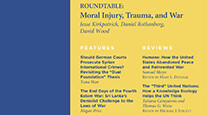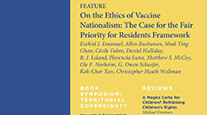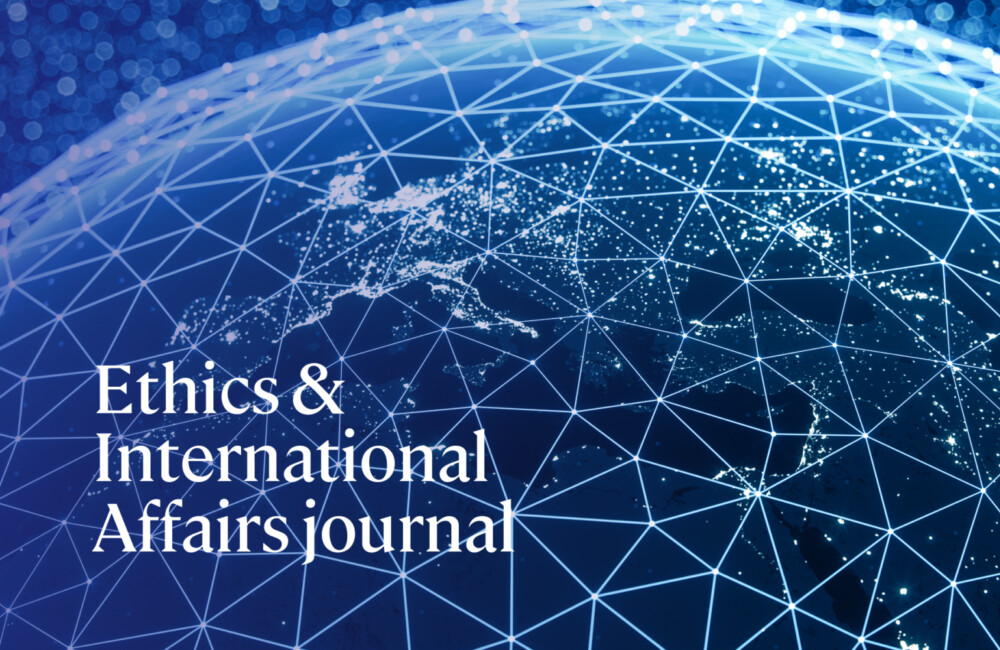People starve, suffer, and die because of political and economic arrangements. To address the causes of such exclusion, we need empirically grounded theories that enable us to go behind appearances. Singer dispenses with this need, asserting simply that his "solution" to global poverty (widespread charity) is established by "the facts." He provides no way to determine which facts matter and how. That is, he gives us no theoretical tools for understanding the nature and causes of poverty, or for developing multiple methods to tackle it. Again, we should not be against charity in all instances. Rather, drawing on more reliable development theory allows us to recognize that charity is not a cure-all. Chronic reliance on this one strategy can harm the poor. We must not depend on mere (irregular) assistance, where the rich are exhorted to dispense aid beneficently; rather, we must carefully reform relations and systems of cooperation, such that they benefit the poor on an ongoing basis. Only a wider range of institutional reforms and political strategies, derived from this cooperative approach, can generate sustained inclusion in governance and the global economy.
You may also like

AUG 2, 2022 • Journal
Ethics & International Affairs Volume 36.2 (Summer 2022)
The editors of Ethics & International Affairs are pleased to present the Summer 2022 issue of the journal! The highlight of this issue is a roundtable organized ...

MAR 15, 2022 • Journal
Ethics & International Affairs Volume 36.1 (Spring 2022)
The highlight of this issue is a roundtable organized by Jesse Kirkpatrick on moral injury, trauma, and war, featuring contributions by Jesse Kirkpatrick, Daniel Rothenberg, ...

JAN 4, 2022 • Journal
Ethics & International Affairs Volume 35.4 (Winter 2021)
The issue features a book symposium organized by Michael Blake on Anna Stilz's "Territorial Sovereignty," with contributions from Adom Getachew; Christopher Heath Wellman; and Michael ...
